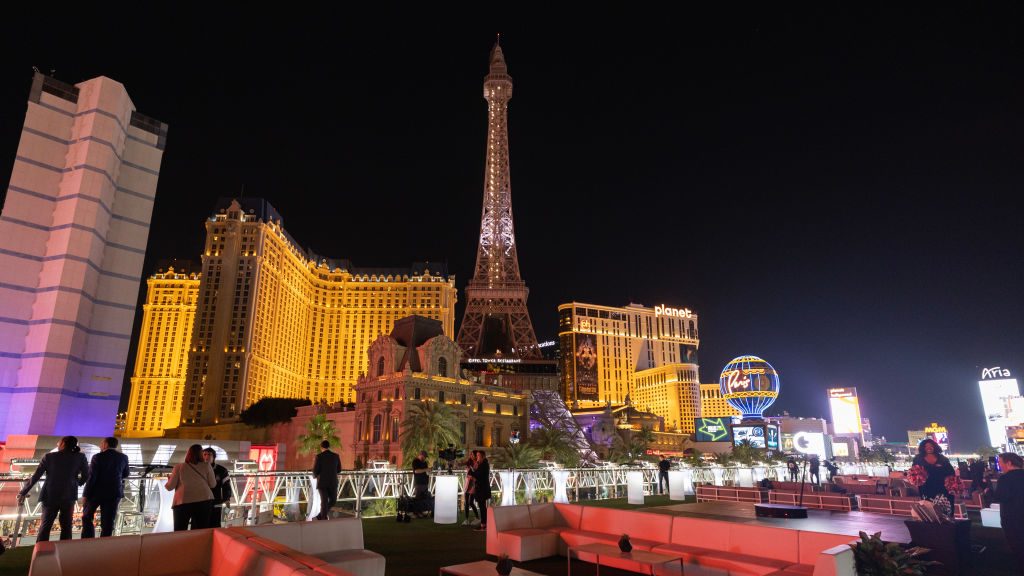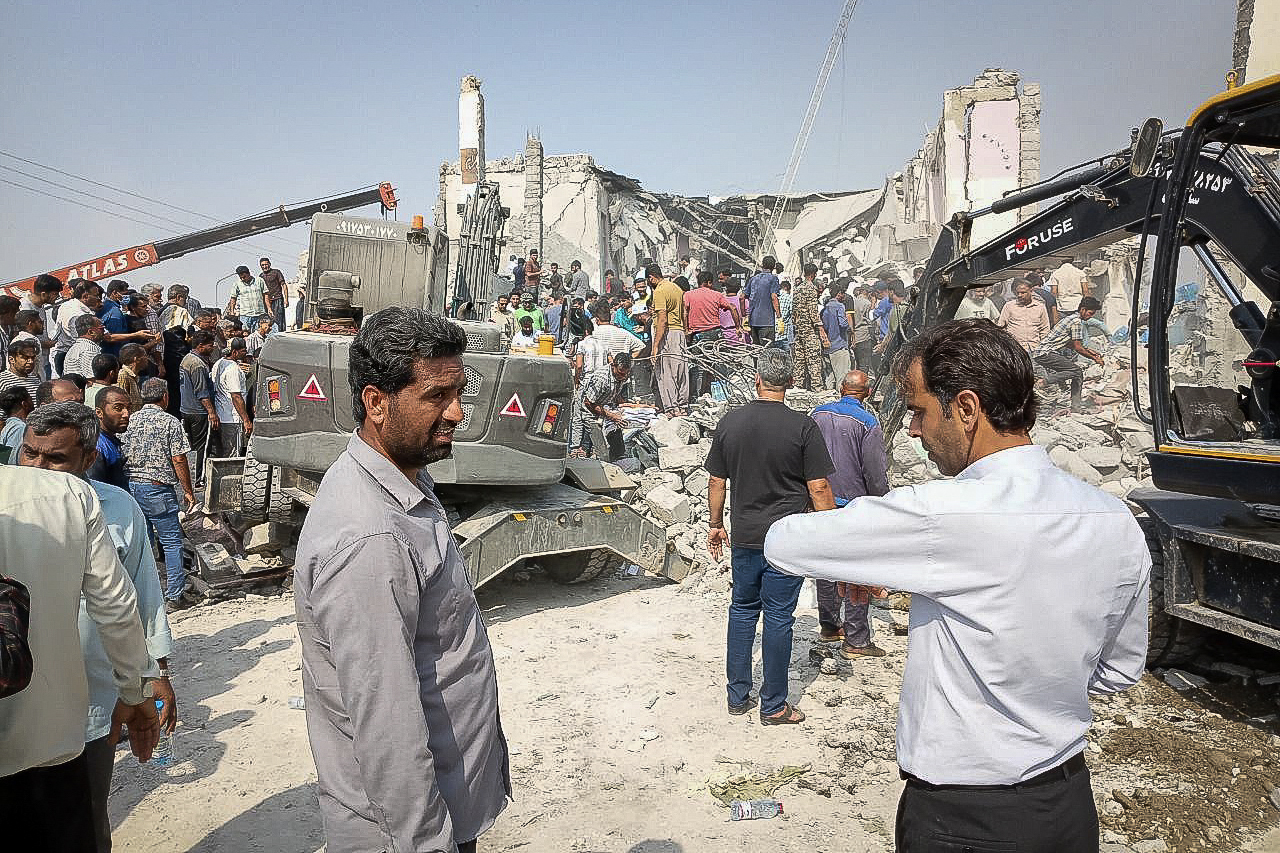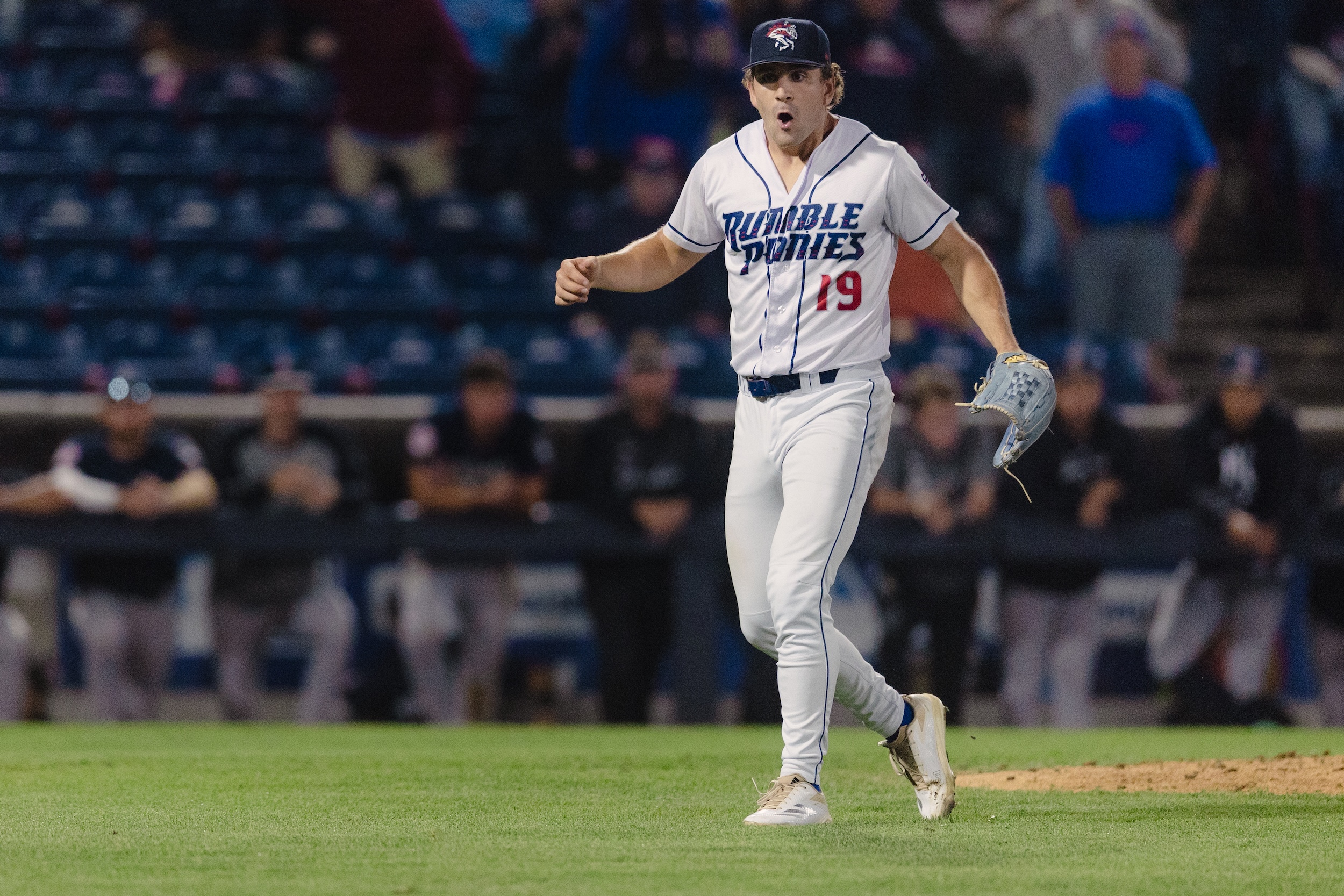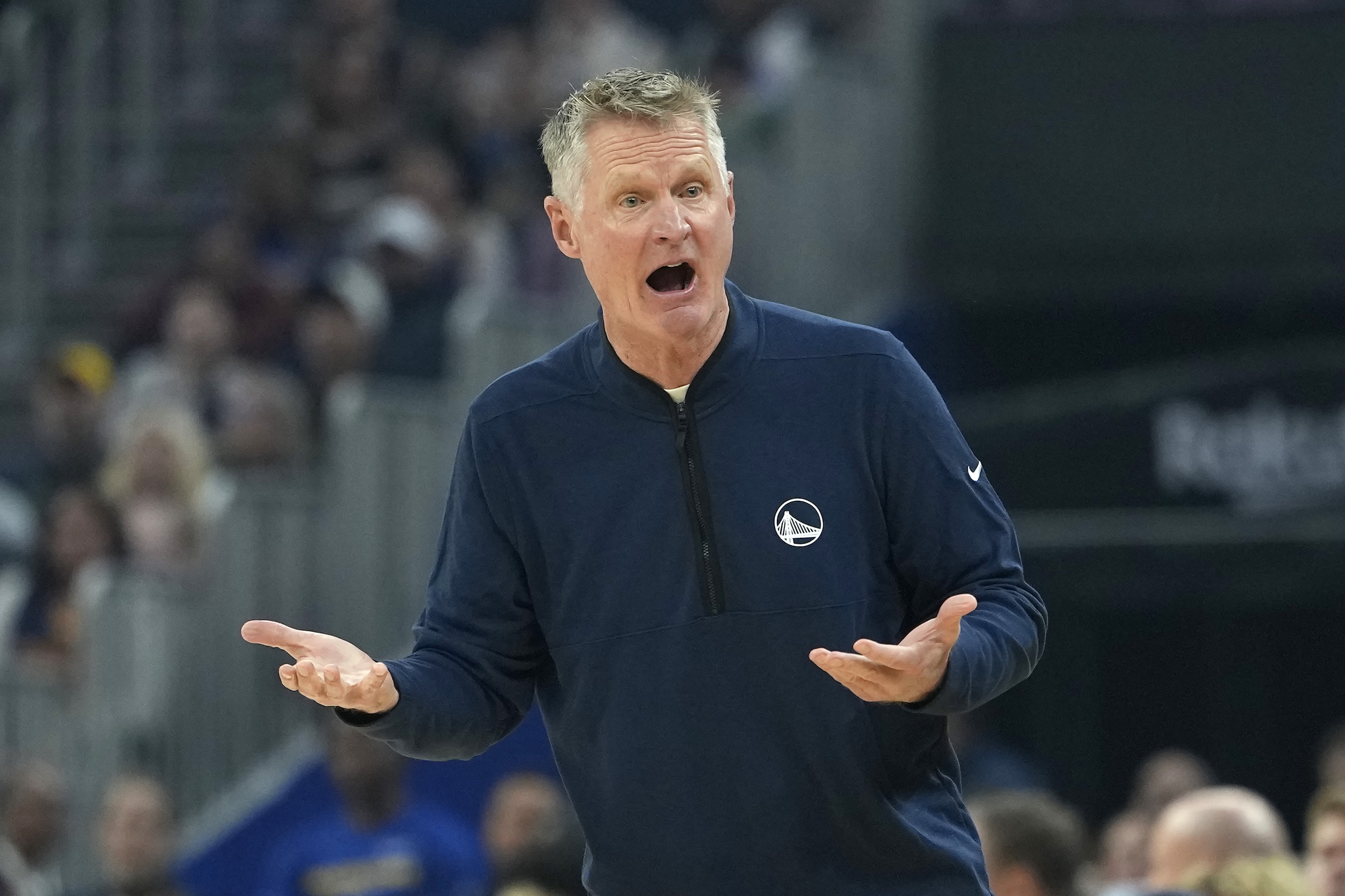LAS VEGAS — I didn't always expect to be here for March Madness. I thought I'd be spending late March caring for an ailing cat, but then she departed this mortal coil, and I had no reason to say no when a friend scheduled his bachelor party for the opening of the 2024 NCAA tournament in Las Vegas. So here I was on Gambler's Christmas, as I could have sworn Comrade Ratto once called it, in essentially the heart of Santa's workshop.
Specifically, I was inside Beer Park, which is inside the sprawling complex Paris (as in the casino, not be confused with the city). I am not a natural inside a casino. The vague you-never-know-what-time-of-day-it-is lighting freaks me out. Decades of smoking bans have made my lungs disinclined to inhale so much second-hand smoke. While regulars move around the various rooms, bars, and restaurants with the ease of birds following a natural migratory pattern buried deep within their DNA, I openly groan that even the shopping mall has a directory so why not casinos? That person wandering around looking lost, asking for direction from the workers whose jobs are to help people places bet? It's me. And that was me on Saturday, sheepishly asking the casino employees, "Which way to Beer Park?"
I got there, eventually. The afternoon slate of men's games blared across the wall-to-wall TVs, and all the food was your standard sports bar fare; tater tots, pretzel bites, mini corn dogs, and French fries were all consumed, oil pooling at the bottom of each basket. To a casual observer or a newbie or, say, me, it could in passing look like a normal scene: Sports fans gathered to eat, drink, and cheer on their favorite teams.
But at some point, the cheering began to feel off to me. A random player I had never heard would score a barely meaningful two-point basket and one table would cheer. A team would pull away by a gigantic margin and, even though the game was all-but-won, another table would shout as if their lives depended on each bucket. It did not require an Ivy League degree to figure out that it was not their lives or school pride but, perhaps, their wallets that depended on the points scored. When someone at our table suggested maybe there were a few Carolina alums at a table that seemed consumed by the Tar Heels stomping Michigan State, I proclaimed quite loudly—with the confidence of a Florida alum exactly one drink in—no table of Carolina alums would be out for March Madness without at least one person in the group wearing Carolina blue. There were people in sports gear, of course, but not that many. The most popular team T-shirt I saw was for Iowa State.
When curiosity and the alcohol got the best of me, I asked a man at the table next to us what was going on. Or, more specifically, who he was rooting for. He explained to me that he had a parlay, having bet on the outcome across multiple games that day. He was several games in and so far so good, but his big worry was he had North Carolina State over Oakland and Oakland was putting up a fight. His buddies had also parlays. Equipped with new knowledge, the waves of cheering suddenly made sense. Sure, it was possible that a few Oakland alums were among those celebrating each time that squad made a basket, but I doubted that. The (mostly) men with money riding on Oakland erupted with each Oakland basket, and the (mostly) men who bet on NC State exploded when their side scored. When a cross-court shot heaved by an NC State player clanged off the backboard as time expired, sending the game to overtime, one side groaned and another cheered. It was easy to guess where everyone's money lay.
I had to leave the bar to start getting ready for dinner while NC State and Oakland played on. I later checked the score to see if NC State had won and if my bar neighbor had hit that part of his parlay—and he did. I was happy for him but it was fleeting because I had already forgotten the rest of his teams and had no clue if he hit his full parlay. That would have to be between him and his wallet.
Sure, this is always how it is in Las Vegas, but it could be become normal everywhere? Sports gambling, ever since the U.S. Supreme Court struck down the law that kept many states from legalizing it, has done nothing but grow. The ads are everywhere. Gambling companies openly fund sports journalism. Pro leagues have sports betting partners. Yet neither pro nor college sports teams have been able to avoid scandals involving it, and that was before everyone started asking how a now-fired translator for the biggest name in baseball could get into millions of dollars of debt with an illegal bookie. It's gambling all the way down now. I haven't seen it take over the local sports bar just yet, though I do live in California, where sports betting is still illegal—for now. Perhaps not everything that happens in Vegas stays in Vegas after all.






